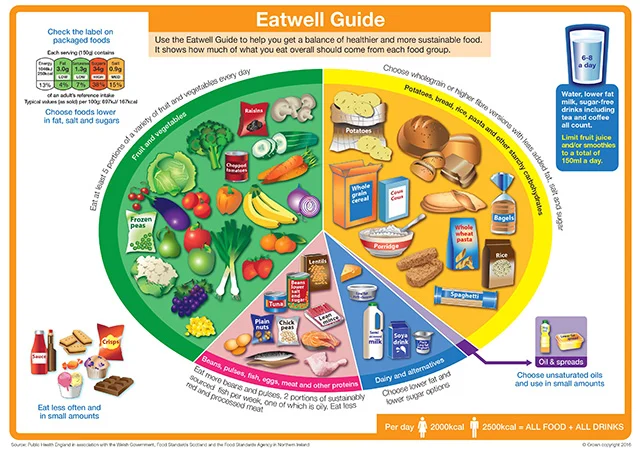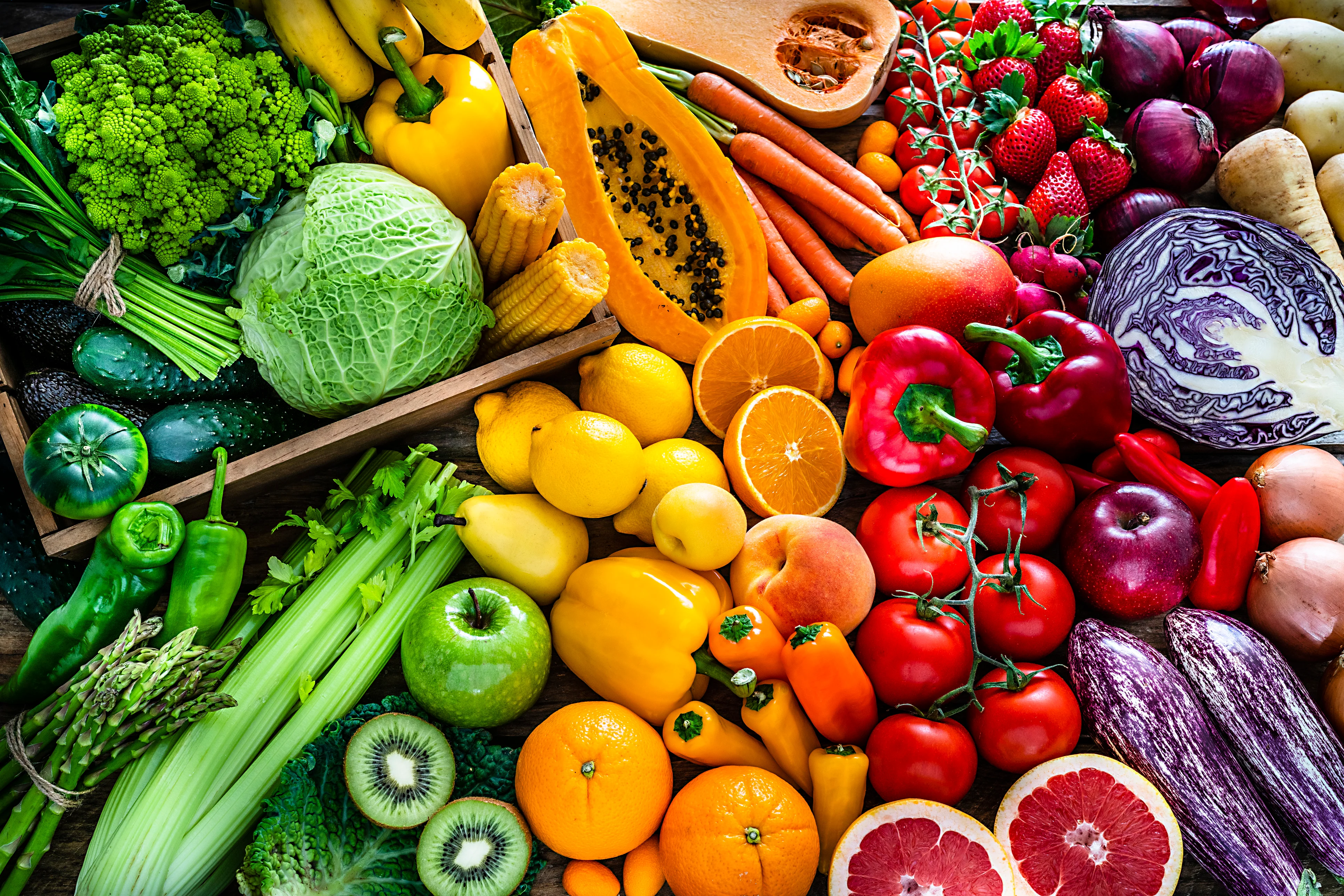Healthy Eating



Healthy Eating
Healthy eating is essential for maintaining overall well-being and preventing chronic diseases. A balanced diet includes a variety of nutrients such as vitamins, minerals, proteins, healthy fats, and carbohydrates. Incorporating fruits, vegetables, whole grains, lean proteins, and healthy fats into meals ensures the body gets the necessary fuel to function optimally. By choosing nutrient-dense foods over processed or refined options, individuals can improve energy levels, boost immunity, and support mental clarity.
One important aspect of healthy eating is portion control. Overeating, even healthy foods, can lead to weight gain and put excess strain on the body. Being mindful of portion sizes, especially with calorie-dense foods like nuts and oils, can help maintain a healthy weight. Additionally, consuming smaller, balanced meals throughout the day can stabilize blood sugar levels and prevent the energy dips that often occur with large, heavy meals.
Incorporating a variety of colorful fruits and vegetables into daily meals is a great way to ensure an array of vitamins and antioxidants are consumed. Each color represents different types of nutrients, such as vitamin C in citrus fruits or beta-carotene in orange vegetables. These foods help reduce the risk of certain cancers, improve skin health, and support proper digestion. Including a diverse range of vegetables and fruits helps prevent boredom and ensures the body gets all the necessary nutrients.
Hydration is also a key component of healthy eating. Drinking enough water is essential for digestion, temperature regulation, and nutrient absorption. Sometimes, thirst can be mistaken for hunger, so staying hydrated can also help with appetite control. Replacing sugary beverages with water, herbal teas, or infused water can cut down on excess calories and contribute to better overall health. Prioritizing hydration alongside balanced meals is a simple yet effective way to support the body’s functions and maintain a healthy lifestyle.


